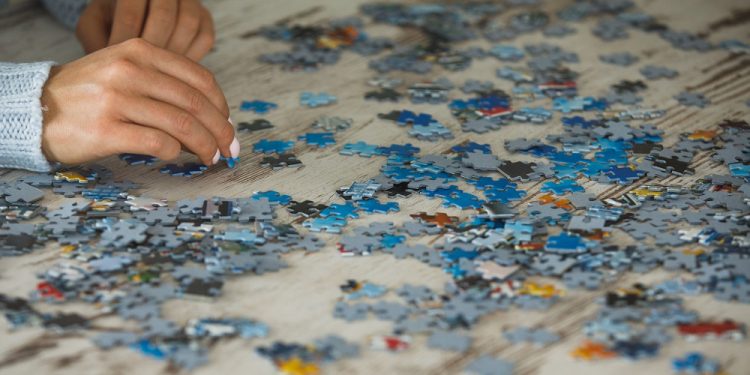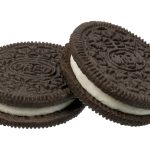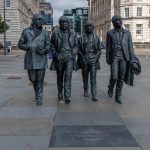
Puzzle Day
Puzzle Day is a non-official holiday celebrated on January 29th every year. On this day, people try out their favorite puzzles, and this holiday doesn’t discriminate either. Some people enjoy jigsaw puzzles on this day, while others might enjoy math puzzles, riddles, or just about any other puzzle a person can think of. After all, the goal of this holiday is not to nitpick on what constitutes a puzzle or what puzzles can be enjoyed on this day but to have fun and enjoy all the benefits that puzzles provide.
The Benefits of Puzzles
Psychologists have known for quite some time that puzzles help children develop essential skills. By introducing your child to puzzles at an early age, you can help them develop hand-eye coordination, fine and gross motor skills, memory, problem-solving, and shape recognition. Puzzles allow children to manipulate a piece of their world, which helps them develop and fine-tune their skills.
While puzzles are good for children, they are not the only ones who benefit from them. People of all ages can benefit from them. Current studies suggest that when adults engage in puzzles, their memory and concentration improve, as well as their creativity and concentration.
The History of Puzzle Day
One of the biggest puzzles out there is who started Puzzle Day. Was it created by an avid game enthusiast, a teacher, a bored parent, or a scientist? No one really knows for sure. It remains an enigma and will probably continue to be one for some time.
The history of puzzles themselves, however, is a little clearer. Puzzles go back to the beginning of civilization. In fact, humans have been designing puzzle games since the invention of language. Over the years, all kinds of word games, logic games, and other types of puzzles have been developed by human beings.
The jigsaw puzzle, however, is not quite as old. Its history can be traced back to the mid-eighteenth century. This is when mapmakers pasted their maps onto wood and cut those pieces into small sections. It was then used by children so they could learn geography.
Celebrating Puzzle Day
Do A Puzzle: An obvious way to celebrate this unofficial holiday is by doing a puzzle—either alone or with friends and family. There are all kinds of puzzles out there: everything from word puzzles to crossword puzzles and history puzzles.
Visit The Puzzle Museum: You can take a trip to one of the puzzle museums that exist. There’s the Logic Puzzle Museum in Burlington, Wisconsin, and the National Puzzle Museum in Port Clinton, OH. There is also a children’s museum called the Magic House in St. Louis, MO. This museum features not only puzzles but also interactive exhibits that children can engage with. Visit one of these for some great puzzle-filled fun.
Create Your Own: If you’re the creative type, then you might want to create your own puzzle. This can be as simple as a word puzzle or as complex as a mechanical puzzle. What you can do is only limited by your imagination.
Host A Puzzle Party: You can also invite your friends and family over for a puzzle party. This is a concept that you can really have fun with by not only making the puzzles the star of the show but also by incorporating puzzle-themed elements into your decorations.
Conclusion
Puzzle Day is a great day to sit down and have some fun. As we’ve seen, puzzles are not only fun but they have proven social, physical, and mental benefits. So pull out your favorite puzzle and have some fun.








